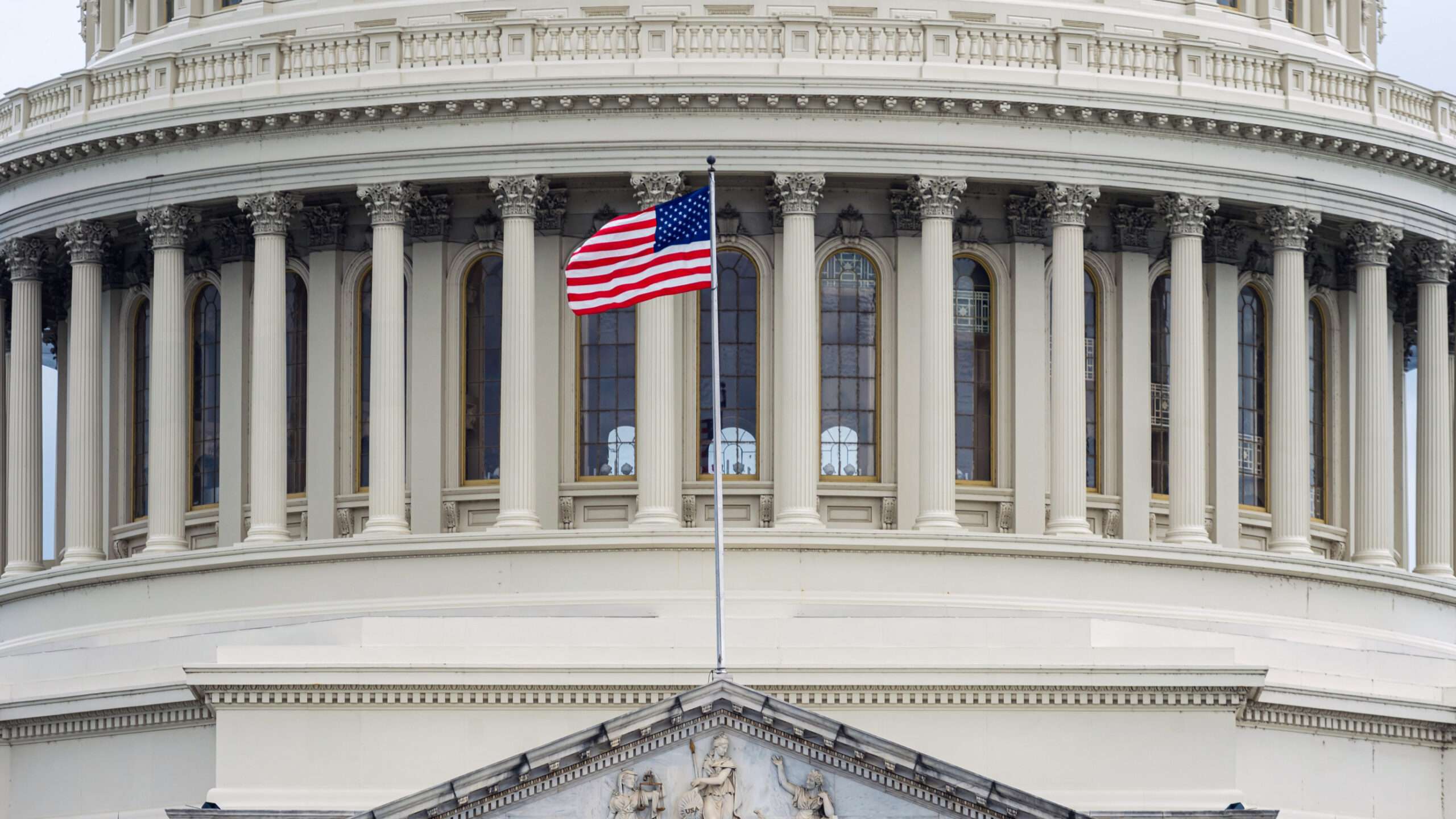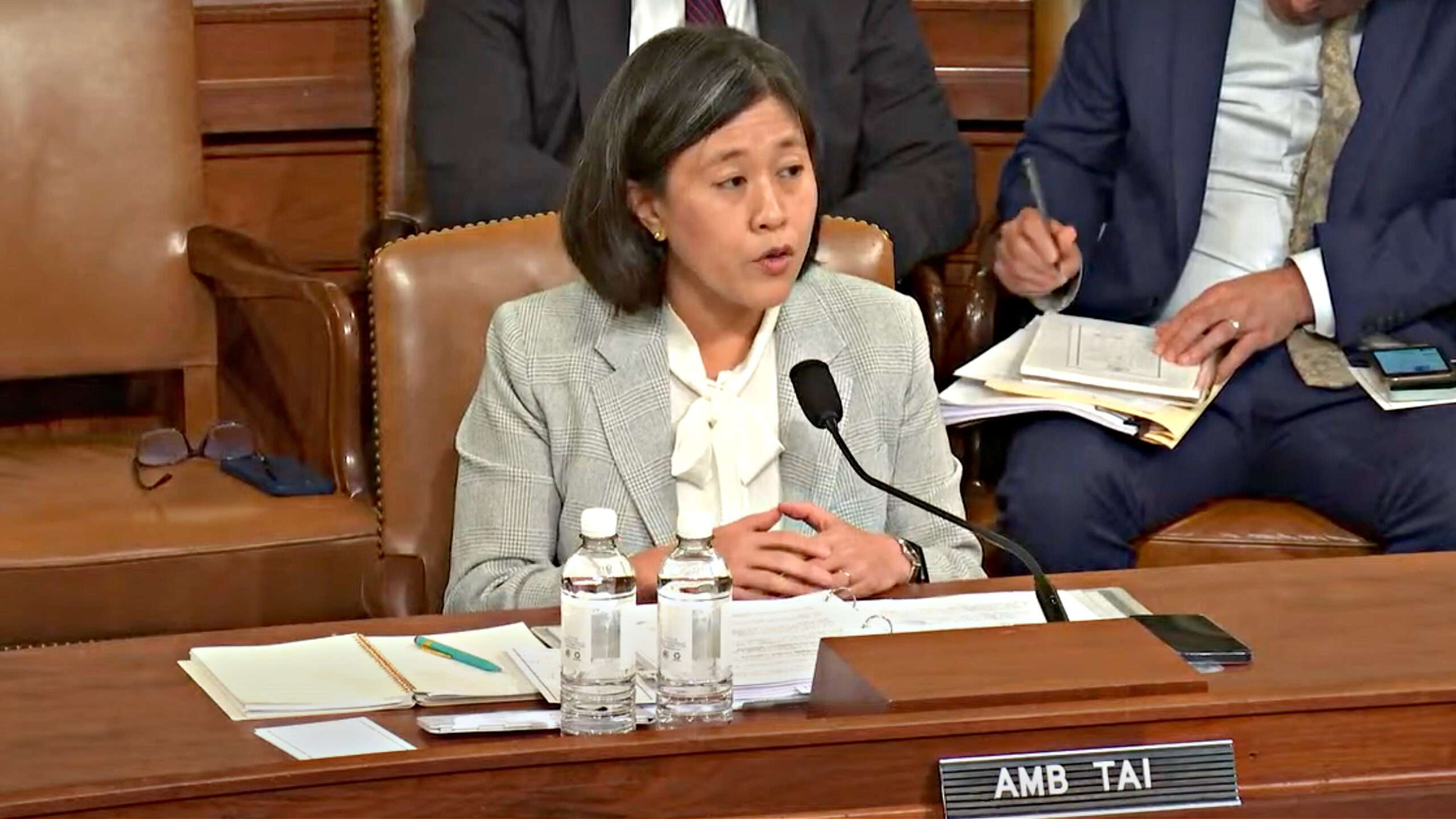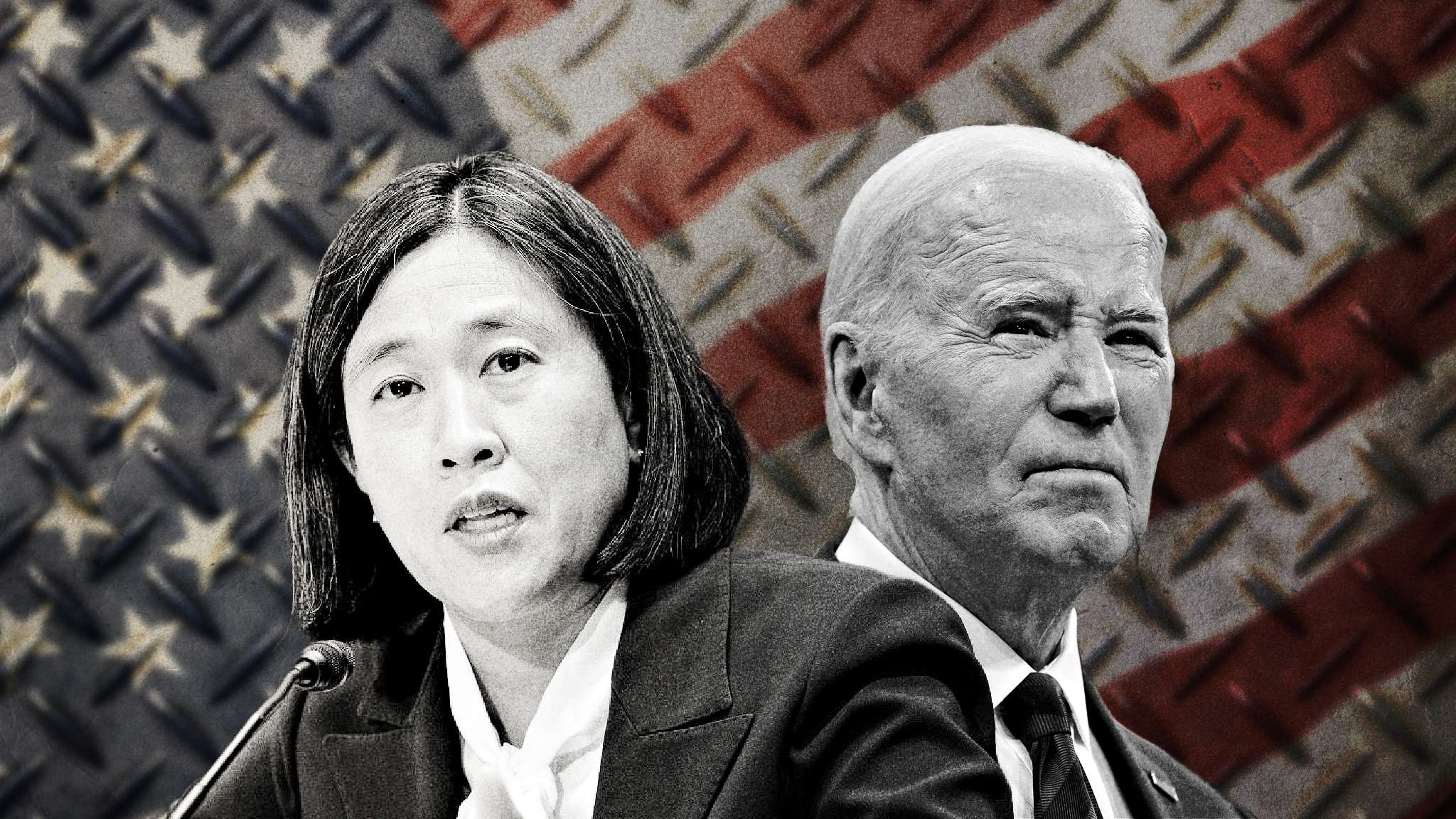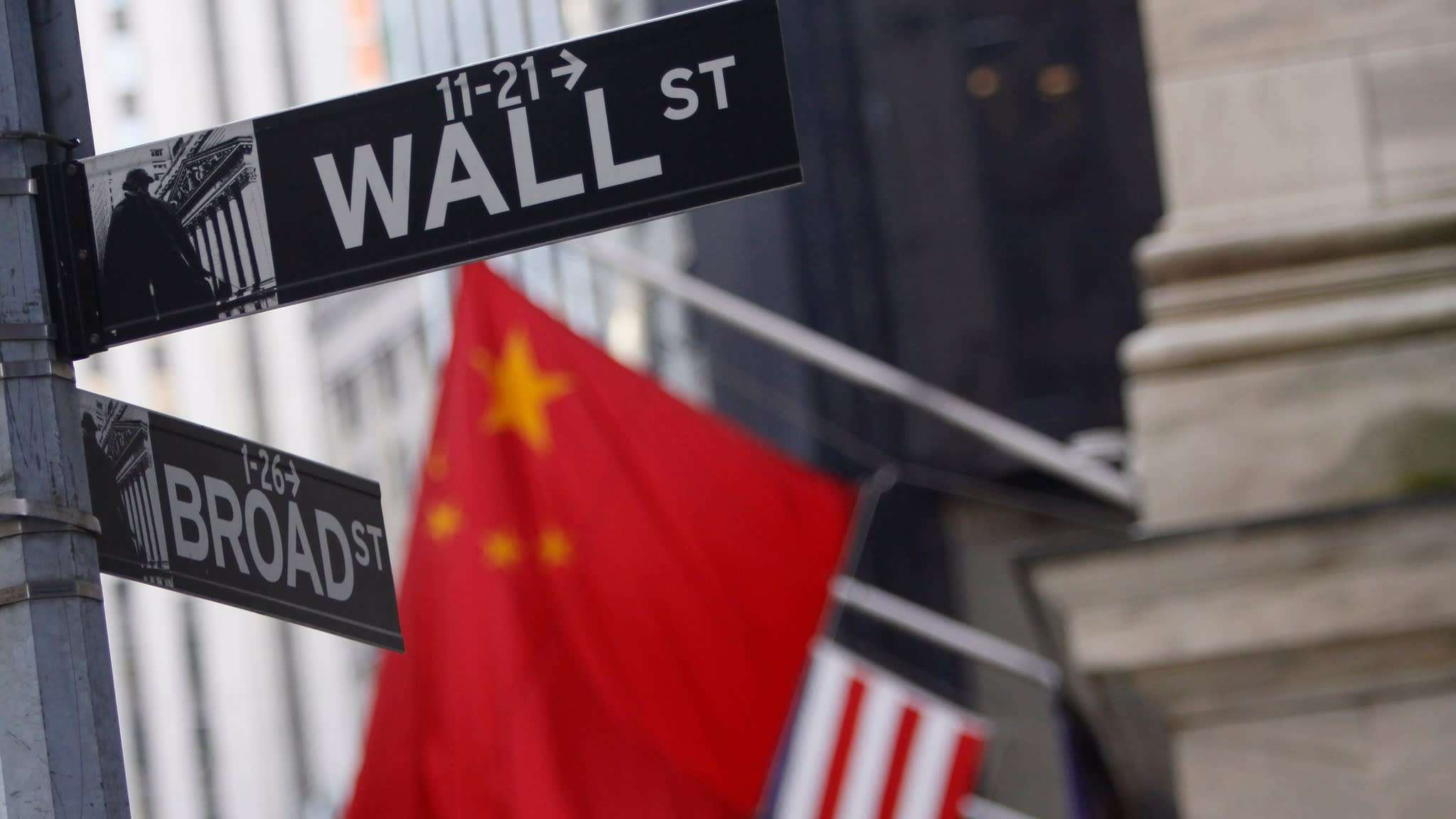
[ADAM BEHSUDI and NANCY COOK | November 10, 2016 |Politico]
President-elect Donald Trump plans to move quickly to fulfill some of his most controversial campaign promises related to what he derided as “job-killing” trade policies, according to an internal transition team document shared with POLITICO.
Within the first 100 days, his administration will drop out of the Trans-Pacific Partnership, and 100 days after that it could withdraw from the North American Free Trade Agreement unless certain demands are met, according to the described policy road map.
Other first-day business includes labeling China a currency manipulator — something the Obama administration avoided in its eight years — and teaming up the Office of the U.S. Trade Representative and the Committee on Foreign Investment in the United States to examine all major proposed foreign acquisitions of U.S. companies to ensure equal opportunities for American investors abroad.
“Every trade deal we have is horrible and we should be ashamed of … the people that let those deals happen,” Trump said in an October speech that sketched out some details of his trade plans. “They’re defective, and they knew they were defective, and they were done for a reason. Believe me, they will be unwound so fast.”
The described document was produced by Trump’s D.C.-based transition team, which, apart from New Jersey Gov. Chris Christie, has had little contact with the president-elect so far. In other words, there’s no guarantee that Trump will take up every recommendation once he gets to the White House.
The detailed 21-page road map features a summary and rationale for the plan and is interspersed with quotes of policy promises Trump made on the campaign trail.
Overall, the plan outlined to POLITICO largely mirrors what Trump said in a speechin Gettysburg, Pennsylvania, on Oct. 22, which described the actions he would take during his first 100 days in office.
Of all the controversial proposals, renegotiating NAFTA could have the biggest impact on the U.S. economy. On Day One, Trump’s administration will request that Canada and Mexico start to renegotiate the deal, which the New York billionaire has maligned as the “worst trade deal in history.”
Then, depending on how those talks go, Trump would consider withdrawing from the pact by Day 200, according to the description of the document.
So far, Canada isn’t balking at the idea of changing the nearly 23-year-old pact.
“If they want to have a discussion about improving NAFTA, then we are ready to come to the table to try to put before the new administration anything that will benefit both Canada and the United States and obviously Mexico also,” Canada’s ambassador to the United States, David MacNaughton, said in a conference call with journalists on Thursday. “So we are prepared to talk.”
But reworking the deal could have major consequences for certain sectors, including U.S. and foreign auto companies, which have invested more than $24 billion in production infrastructure in Mexico since 2010.
U.S. auto-parts companies that ship to factories in Mexico could end up paying more in tariffs, for example, while Mexican-made parts and fully assembled cars coming back to the U.S. could be subject to duties that NAFTA eliminated.
“The rhetoric sounds great, the reality is it’s a very complex thing,” said one trade expert.
Meanwhile, Mexico and Canada would have their own demands.
“If the hope is that we would reimpose our tariffs but they wouldn’t, you can be the best negotiator in the world, but I don’t think you’re going to succeed with that,” former Deputy U.S. Trade Representative Wendy Cutler said at a discussion hosted by Georgetown University on Thursday.
Trump’s first-day actions could also test relations with China, potentially setting the stage for a trade war that would limit U.S. producers’ access to the Chinese market and drive up prices of imported consumer goods.
The simple act of calling out China for manipulating the value of its currency to gain an export advantage shouldn’t roil Beijing to the point of retaliation, said Derek Scissors, a China economy expert at the American Enterprise Institute.
“That promise is an easy one to keep,” he said. “It doesn’t mean anything by itself. It doesn’t require tariffs.”
But slapping retaliatory tariffs on Chinese goods would be more difficult because it would require congressional approval — a problem given that Republican leaders have been opposed to legislation to punish Chinese currency devaluation with duties, Scissors said.
There’s also the question of whether China is actually devaluing its currency. Most economists agree Beijing intervenes heavily in its currency markets, but in recent years it has actually been propping up the value of the renminbi rather than lowering it.
“If Trump’s administration looks obsessed with currency manipulation, that is a problem,” Scissors said.
When reached Thursday, Dan DiMicco, a former steel industry executive tasked with leading transition efforts related to the USTR, declined to talk in any detail about the work he is doing, saying only that the period between now and Inauguration Day will be “very busy.”
Doug Palmer contributed to this report.













